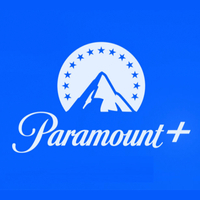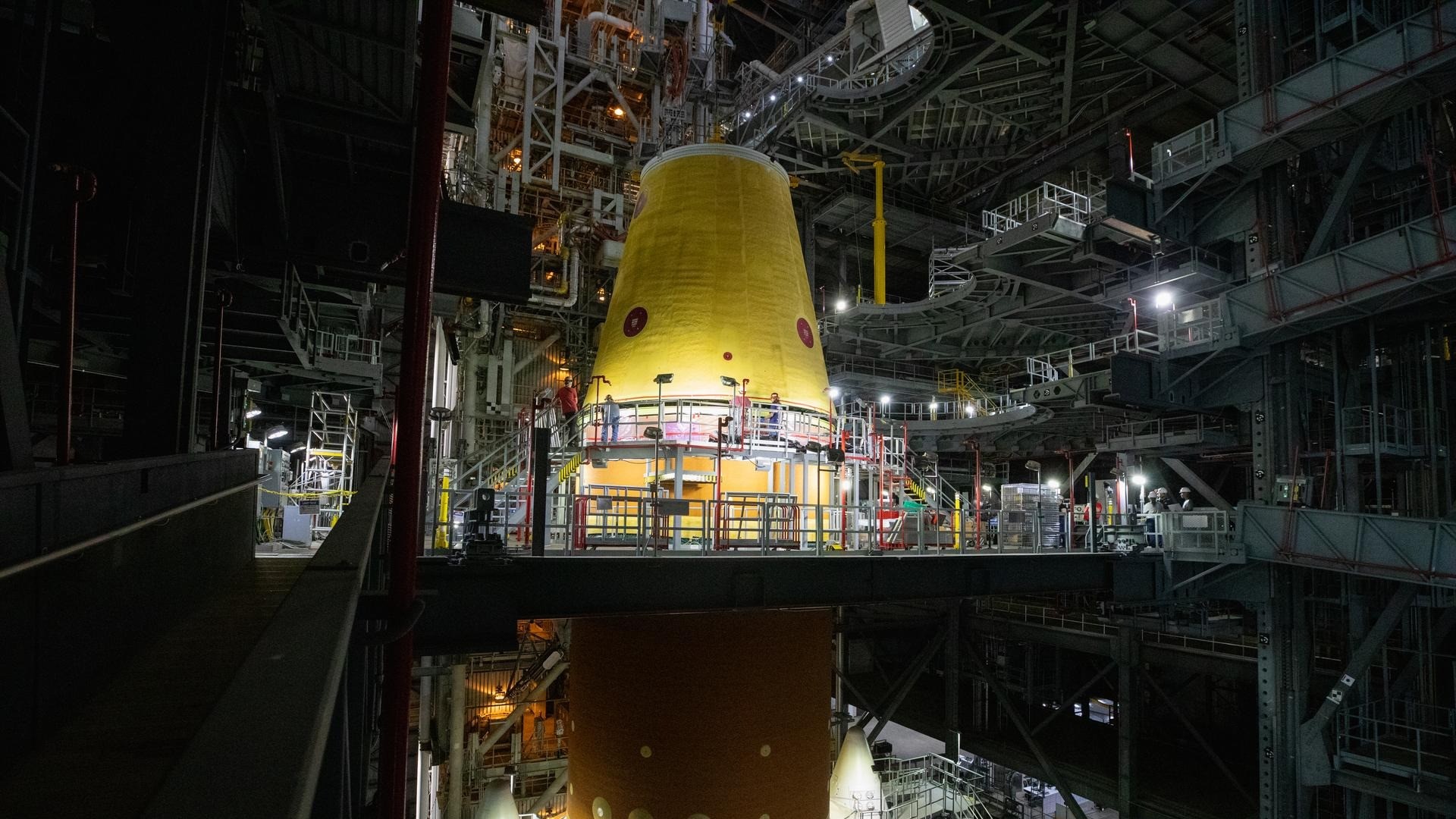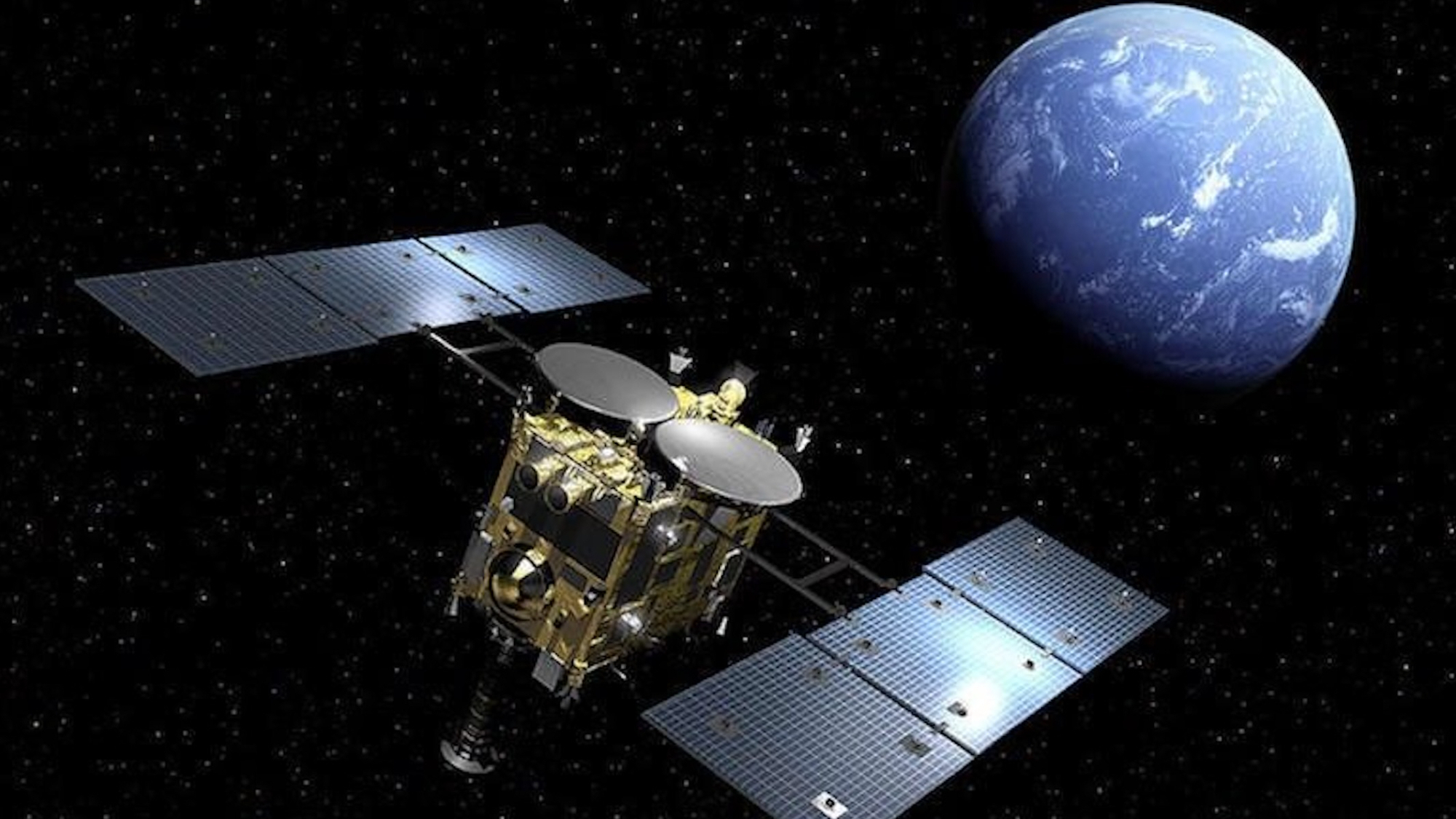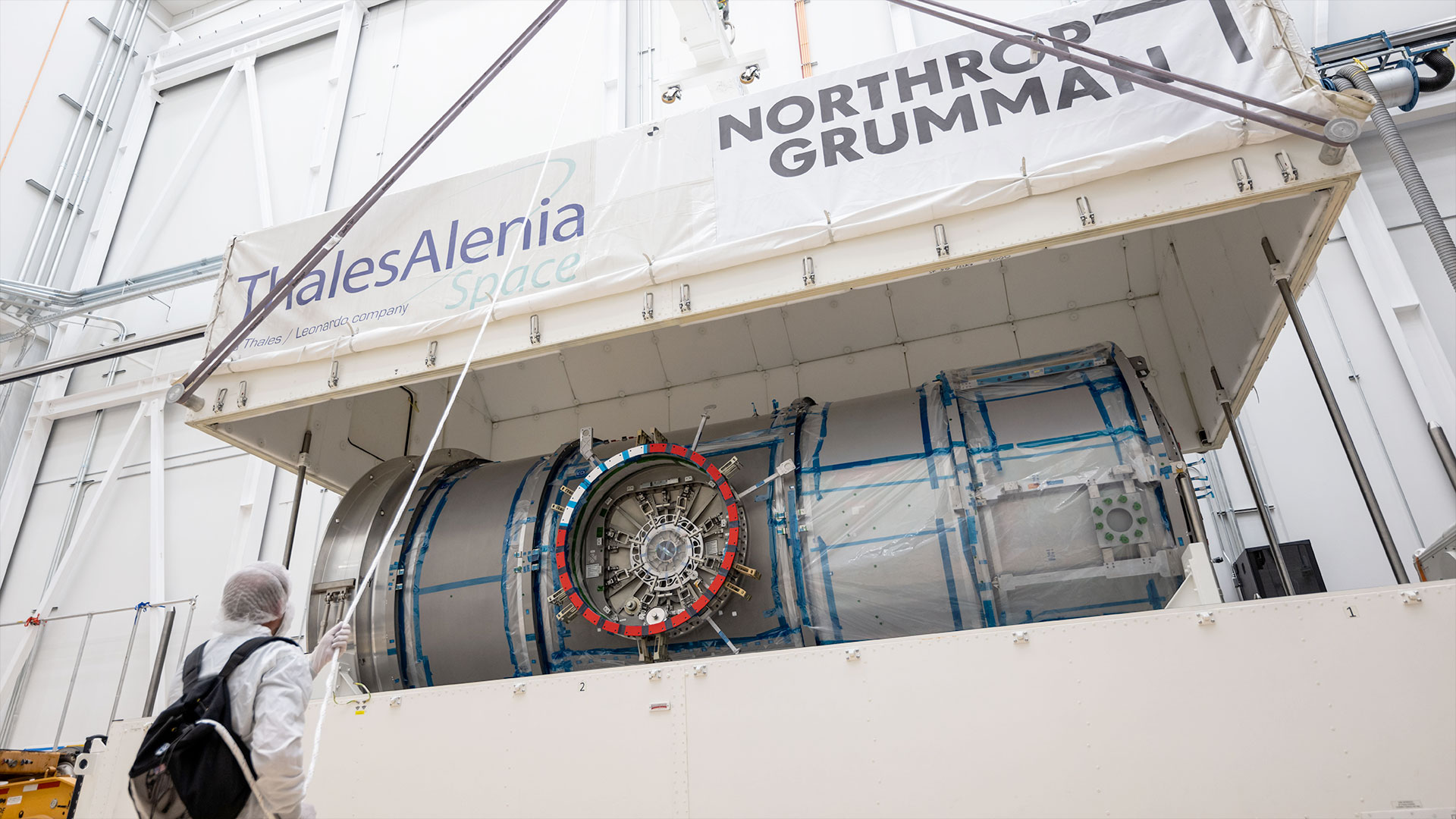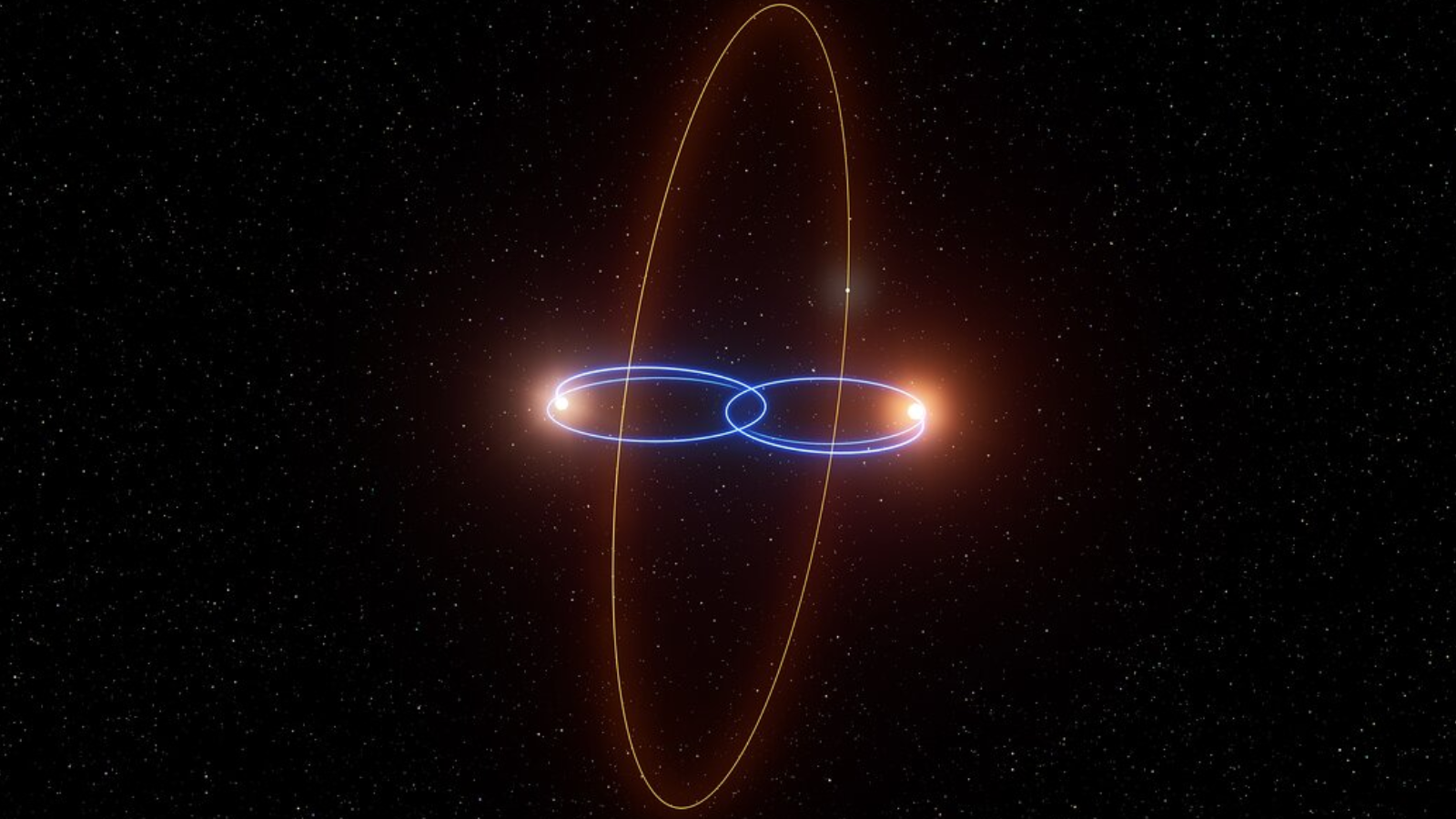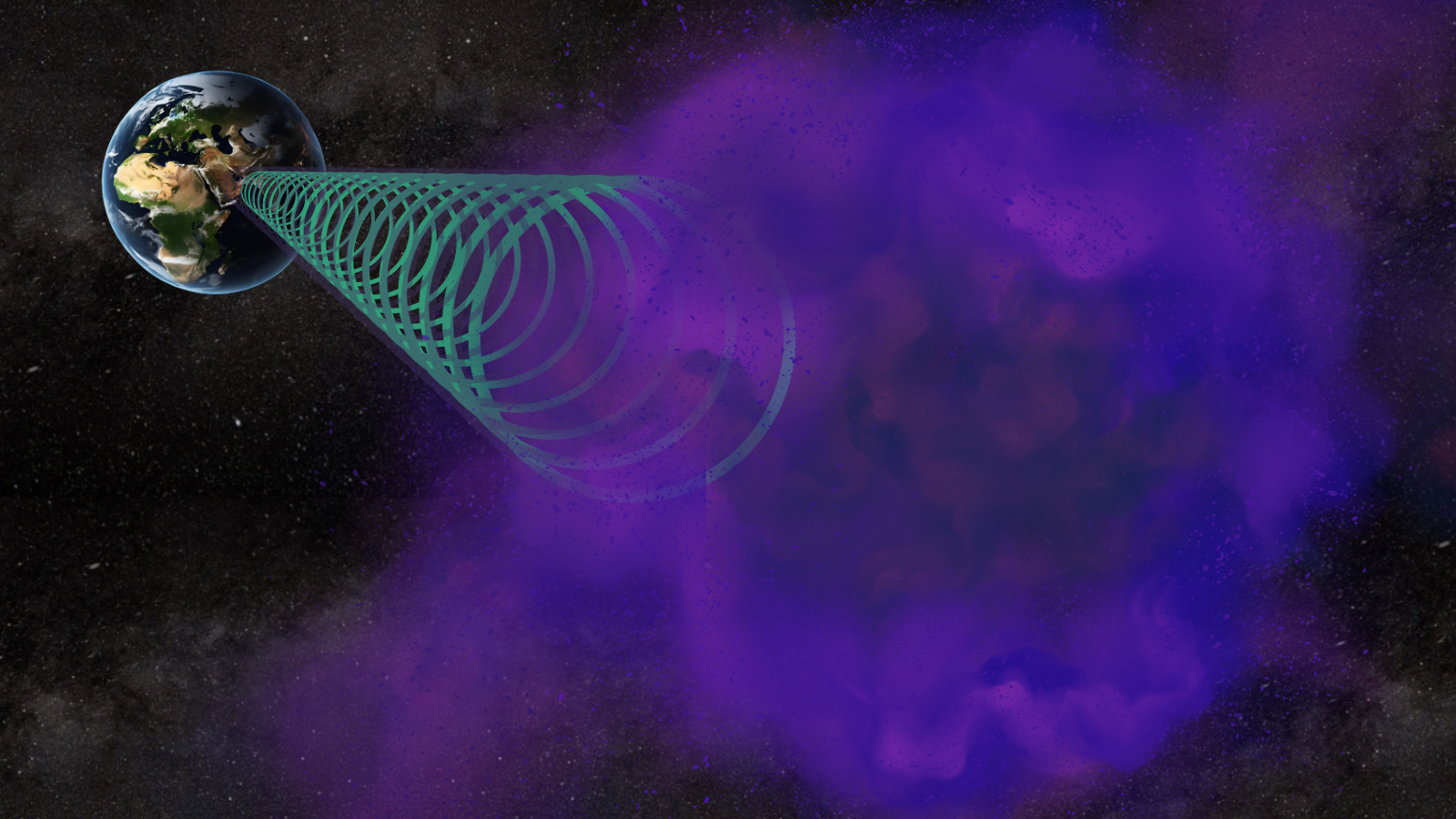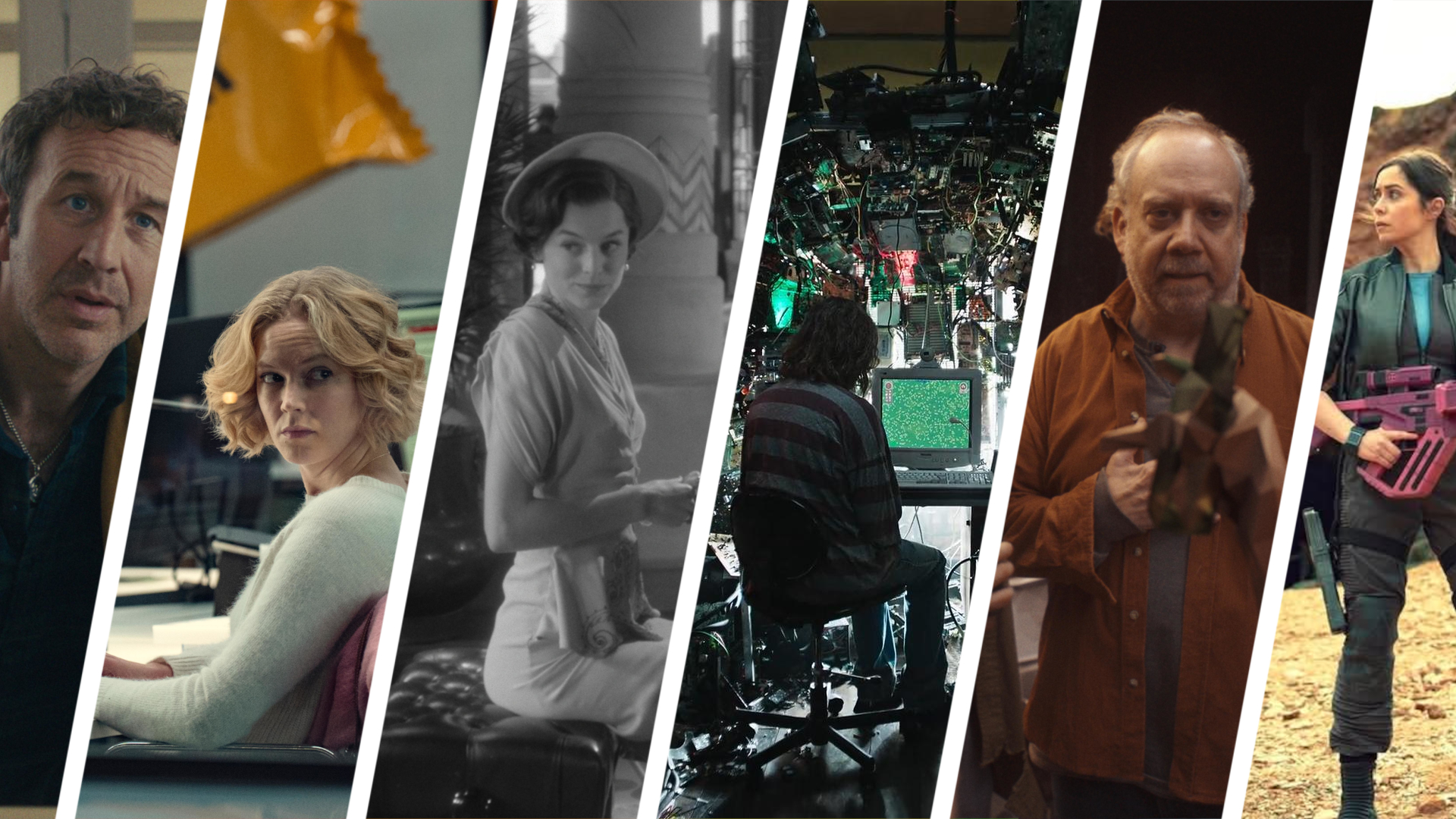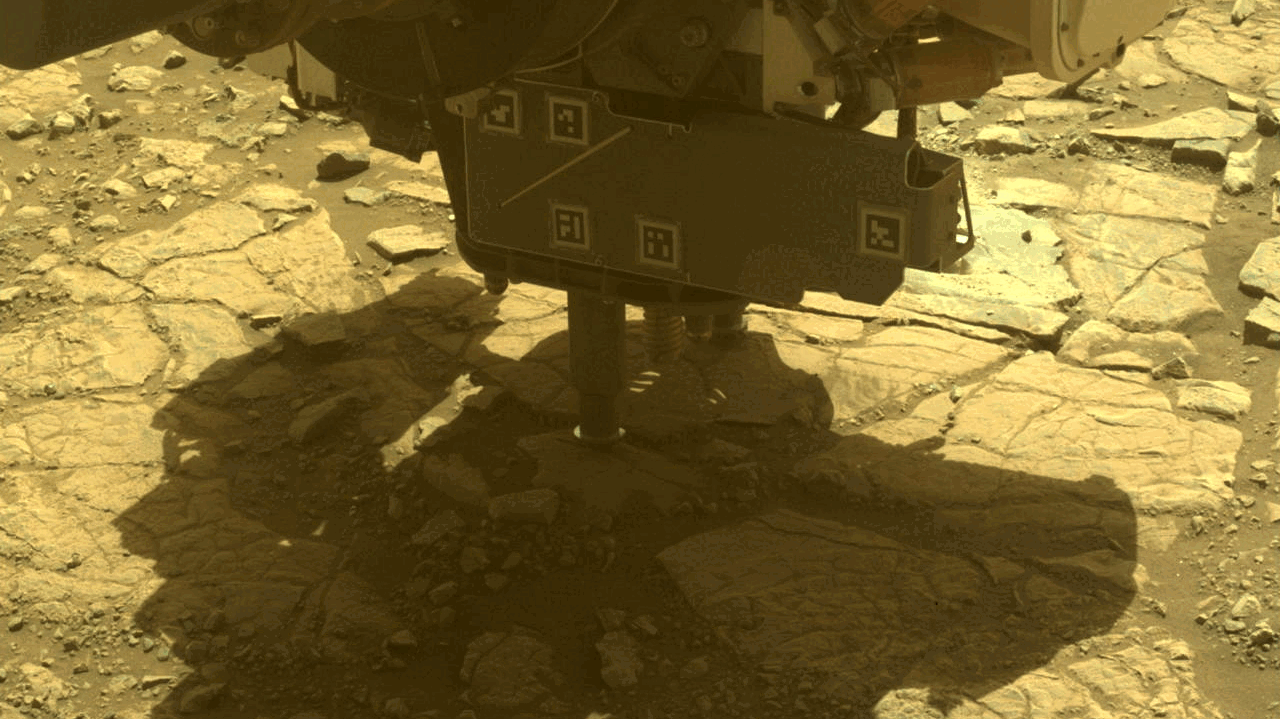The 'Star Trek: Discovery' series finale is a mixed bag (review)
"Discovery" was the first of the new wave of "Star Trek," and it helped pave the way for the recent renaissance in television science fiction. For that, we are thankful.
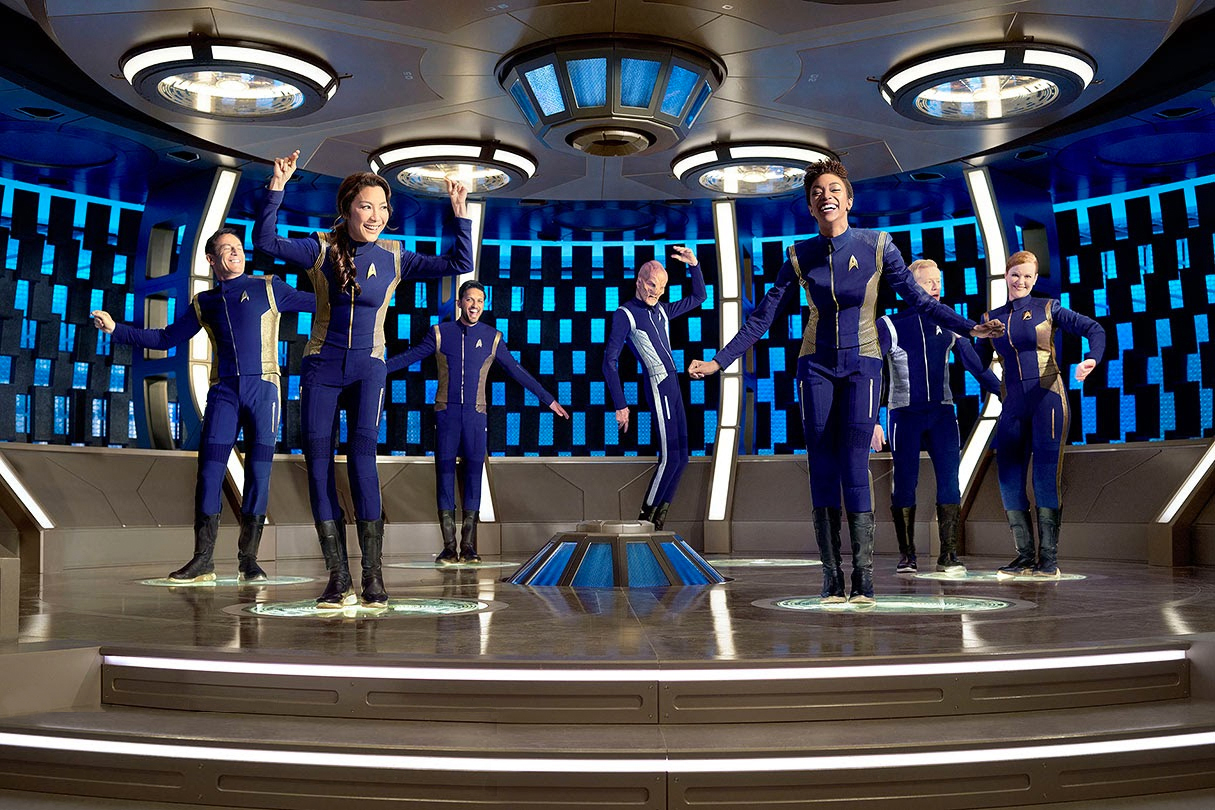
Warning: Spoilers ahead for "Star Trek: Discovery" season 5, episode 10
Here we are, six years, eight months and six days later, and, to paraphrase a well-known "Star Trek" alum, Oh my, the world has drastically changed during that time. And so has "Star Trek." You may remember that, way back on Nov. 2, 2015, news trickled out that CBS was going to reboot "Star Trek" in some way, shape or form, giving producers a year or so to put something together before the show's 50th anniversary in September 2016. A perfect promotional opportunity.
Nicholas Meyer was originally attached to the project before he was ousted. Then Gretchen Berg and Aaron Harberts were fired before Bryan Fuller left the project, ultimately leaving everything in the hands of Alex Kurtzman. And he has taken something of a back seat in recent seasons, leaving the showrunning duties to Michelle Paradise.
The first episode of the first season, entitled "The Vulcan Hello," aired on Sept. 24, 2016 and showed massive potential. However, the concept of focusing the show not on the captain of the USS Discovery NCC-1031, but on the first officer instead, proved difficult to maintain. Consequently, over time we've ended up where we are now — lost somewhere ludicrously far forward in time where transporters have replaced stairs and you can just beam into new uniforms.
Related: 'Star Trek:' History & effect on space technology
Watch Star Trek on Paramount Plus: Get a one month free trial
Get all the Star Trek content you can possibly handle with this free trial of Paramount Plus. Watch new shows like Star Trek: Discovery and all the classic Trek movies and TV shows too. Plans start from $4.99/month after the trial ends.
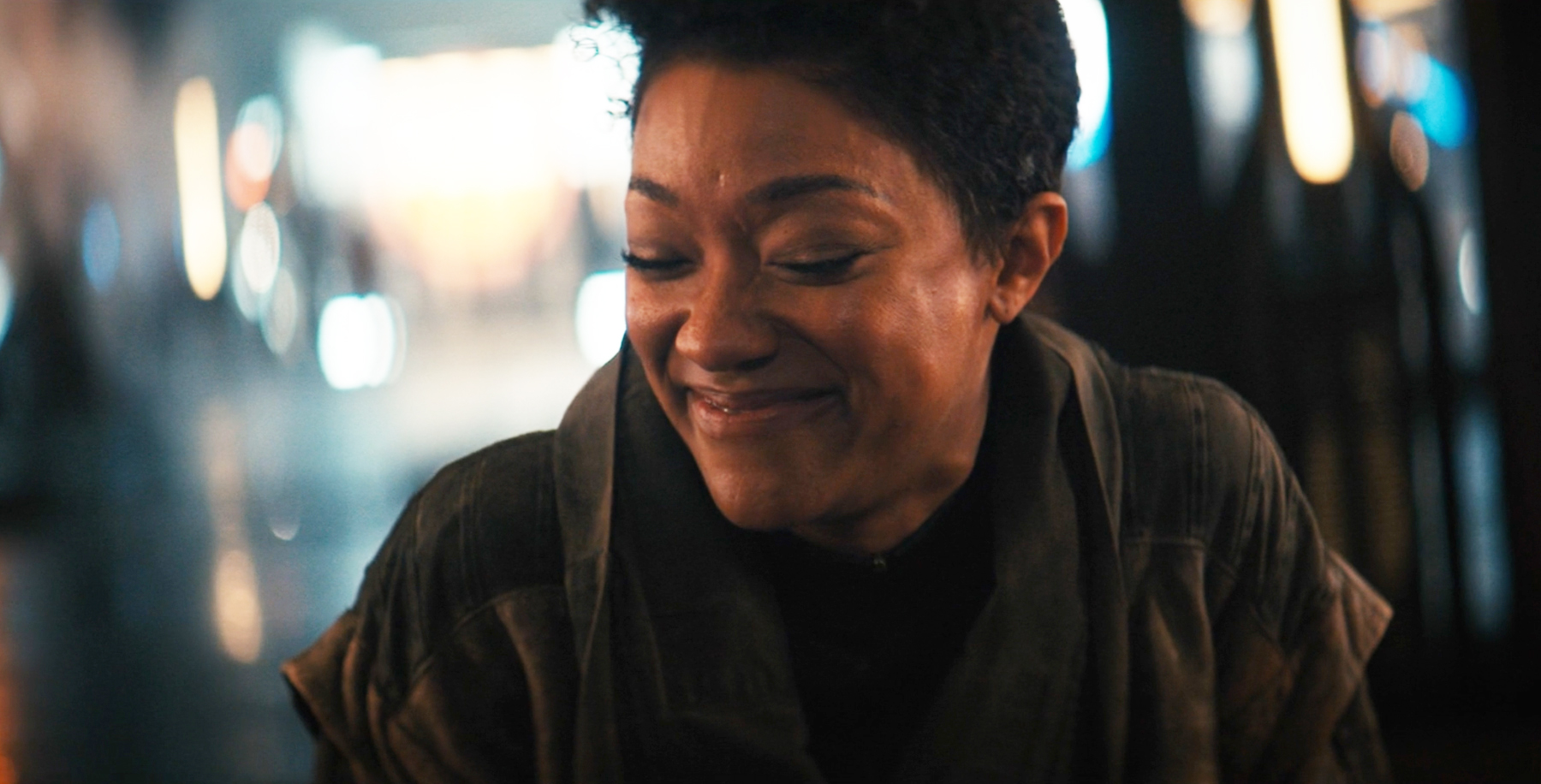
Over the last seven and a half years, it's been a very mixed bag; there were inspired episodes, missed opportunities, truly bizarre stories, some blatant plagiarism and even a nod to Scooby-Doo. Despite some very good standalone episodes, the show has steadily declined in the quality of story writing. That's not to say the performances have been bad at all; in fact, "Discovery" has some of the finest talent in television. What has let them all down is ultimately the decisions made by the showrunner, or whoever it is who oversees the writing.
Despite a strong start, it soon became clear that, as "Star Wars" has a Skywalker problem, "Star Trek" suffered from a similar Enterprise problem. It was incapable of letting go. For some ridiculous reason, Michael Burnham (Sonequa Martin-Green) had to be related to Spock, and we had to actually have the USS Enterprise show up. It's much less work to draw on a deep well of existing character history than actually write anything new, you see. Maybe studio executives have an even shorter attention span than viewers?
Get the Space.com Newsletter
Breaking space news, the latest updates on rocket launches, skywatching events and more!
Now, while that's spawned "Strange New Worlds" — which is the best of NuTrek so far, by far— it would've been nice to have had a show, still set less than three centuries from now, with new characters and minimal reference to any other longstanding "Star Trek" shows. Kurtzman's decision to fling the series 1,100 years into the future at the end of season two to "free it from the constraints of existing canon" was an effort to recover from this, but the damage had already been done.
Related: 'Star Trek: Discovery' season 5 episode 9 offers a tense but questionable cliffhanger
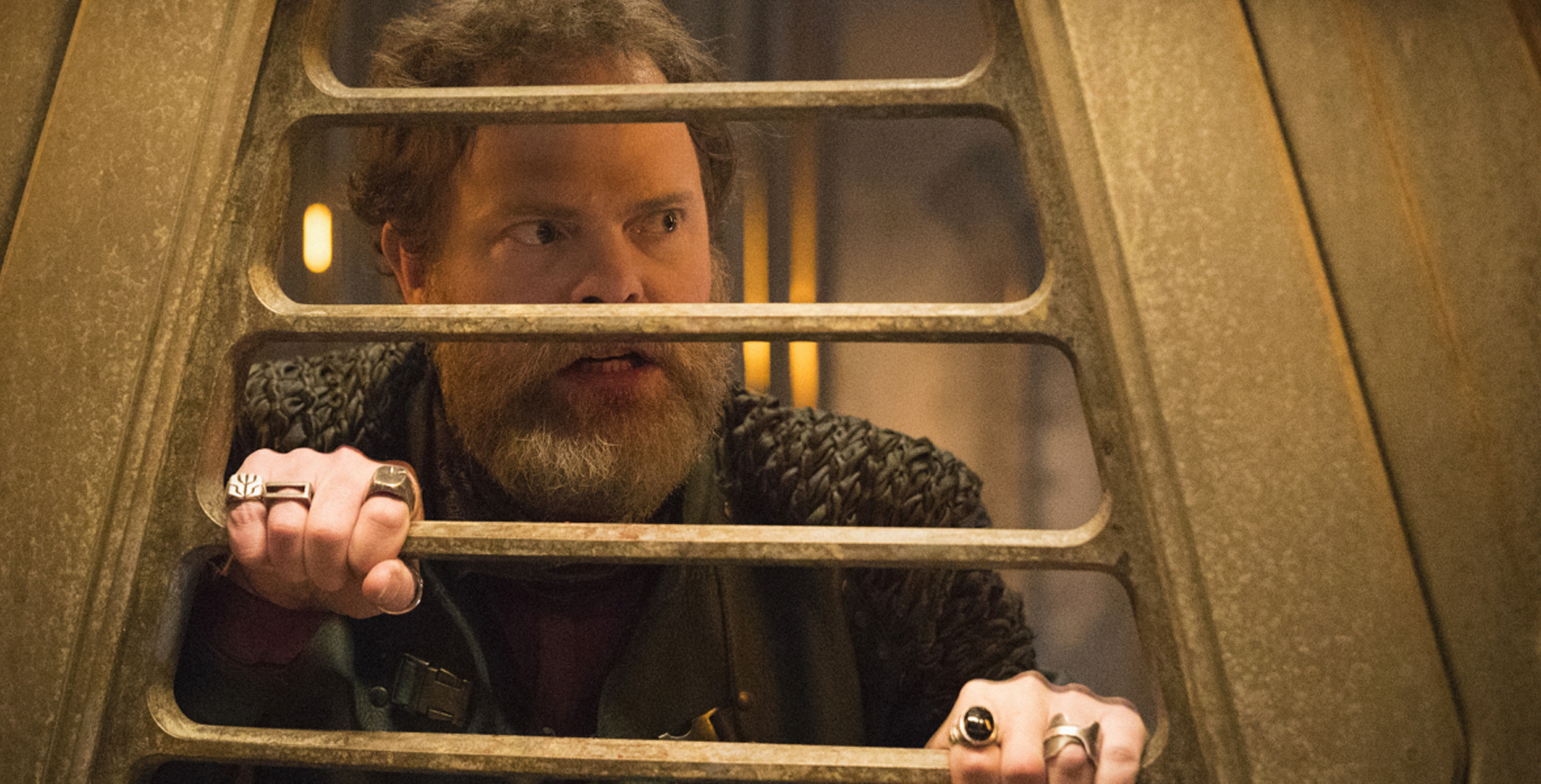
However, bringing "Star Trek" back onto the small screen has had an undeniably positive effect on television science fiction. The fact that CBS All Access, later Paramount Plus, was investing so heavily in it undoubtedly influenced Amazon with its decision to save "The Expanse" in August 2018. Plus, in November 2017, Disney announced it was going to put a live action "Star Wars" spinoff show on our humble TV screens, and, exactly two years later, we got "The Mandalorian." And let's not forget "The Orville," which also arrived on our screens in September 2017.
"Discovery" helped pave the way for a renaissance in television science fiction and for that, we are eternally thankful, but ... we won't be even remotely sad to say goodbye to black alerts, that damn spore drive, smartmatter, excessive flamebursts, detached nacelles, Georgiou's smug sniggers, Burnham's Bottom Lip™ and those crazy, cavernous turbolift spaces.
For the finale, though, we're treated to a whopping 90-minute installment, written by Michelle Paradise, so you have some idea of what's coming. And to be perfectly honest, this episode drags. Paradise always favors super-fluffy storylines that leave you with a cheese-overload aftertaste, and we've never seen evidence to suggest that she has any range beyond this. So, that's what you can expect, and that's exactly what is delivered — a cookie cutter-style finale that's mostly disappointing.
Malinne "Moll" Ravel (Eve Harlow) has just become annoying now, and the side plot threads, like that of Dr. Hugh Culber (Wilson Cruz), feel forced and hastily tacked on. And ultimately, you're left thinking that this finale is just like all the others we've seen in seasons three, four and now five. For the end-of-series climax, could it not have been something slightly different? Extremely unlikely with Paradise running this show. Also, what actually was the Progenitor tech? A galaxy-sized MacGuffin? Yes. Again.
Yes, there is a link to the "Short Trek" installment "Calypso," but in order for it to directly correspond, we see the USS Discovery being reverse-engineered to its former 23rd century state, complete with a removed "A" from the hull registry and reattached warp nacelles. Oh, and it turns out that Kovich (David Cronenberg) is Daniels, a temporal agent played by Matt Winston and first introduced in the "Enterprise" episode "Cold Front" S01, E11, with seven more appearances in the thoroughly enjoyable temporal story thread. So, that's nice.
The fact that Burnham becomes an admiral and works for Starfleet Intelligence now, along with everything we've just mentioned above was absolutely, unquestionably added to help link this episode, show and characters with the Section 31 television movie that's being made starring Michelle Yeoh. Moreover, the same was done to help tie in with the new Starfleet Academy series that quite obviously is being set in the 32nd century.
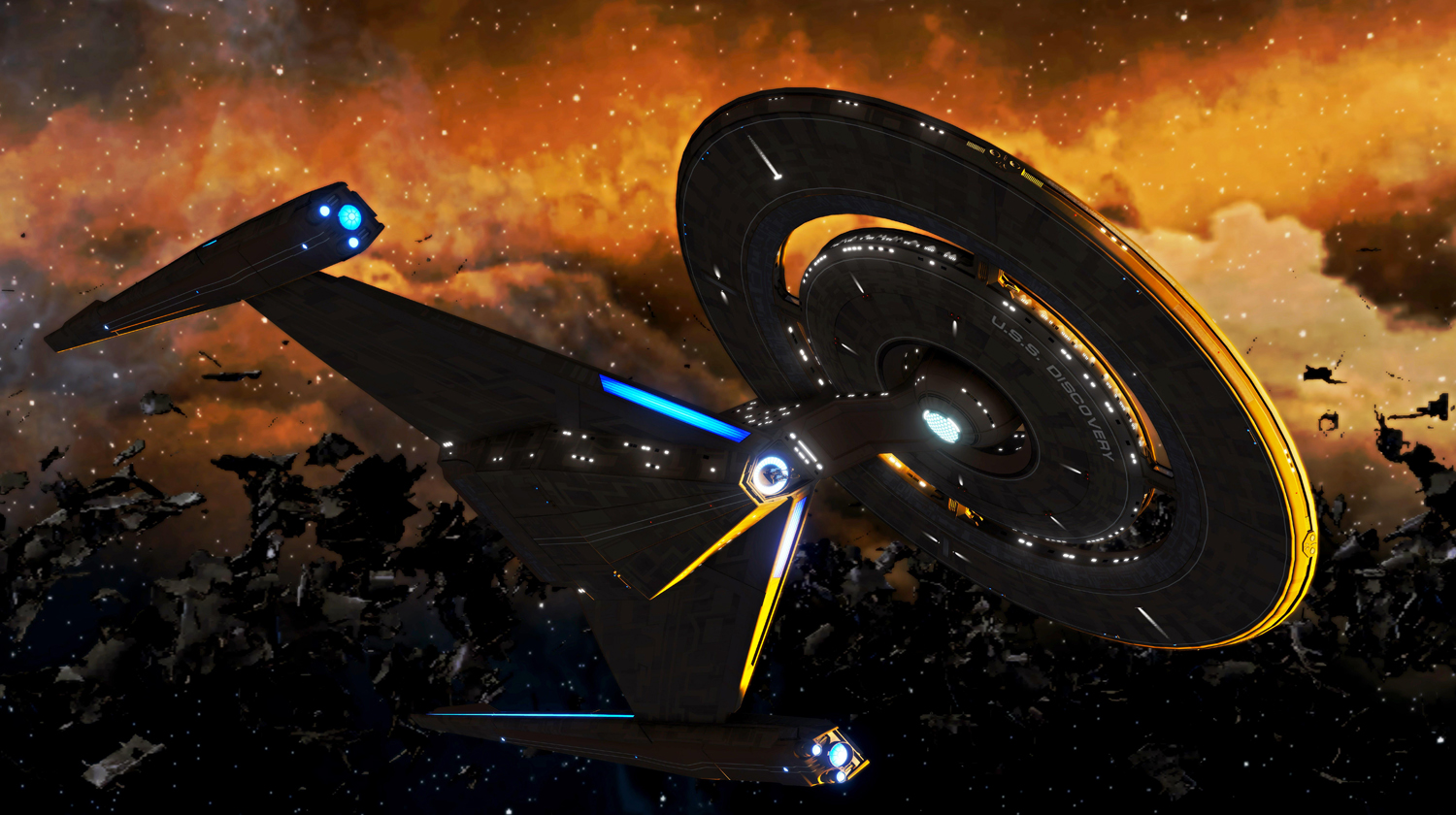
As she set off to fulfill Discovery's destiny with Zora, it might have been nice to see Burnham locate and gently rub the small metal burr under the captain’s chair’s left armrest that Captain Georgiou had practically rubbed smooth, as was explained to Lt. Sylvia Tilly (Mary Wiseman) in the episode "Su'Kal" (S03, E11) — but evidently no one thought of that.
The fifth and final season of "Star Trek: Discovery," and every other episode of every "Star Trek" show — with the exception of "Star Trek: Prodigy" — currently streams exclusively on Paramount Plus in the US, while "Prodigy" has found a new home on Netflix.
Internationally, the shows are available on Paramount Plus in Australia, Latin America, the UK and South Korea, as well as on Pluto TV in Austria, France, Germany, Italy, Spain and Switzerland on the Pluto TV Sci-Fi channel. They also stream on Paramount Plus in Italy, France, Germany, Switzerland and Austria. In Canada, they air on Bell Media's CTV Sci-Fi Channel and stream on Crave.
Join our Space Forums to keep talking space on the latest missions, night sky and more! And if you have a news tip, correction or comment, let us know at: community@space.com.
When Scott's application to the NASA astronaut training program was turned down, he was naturally upset...as any 6-year-old boy would be. He chose instead to write as much as he possibly could about science, technology and space exploration. He graduated from The University of Coventry and received his training on Fleet Street in London. He still hopes to be the first journalist in space.
-
BuzzsBuddy The big question is if there are more than two sentences that aren't whispered. We know the answer is no for Michael.Reply
